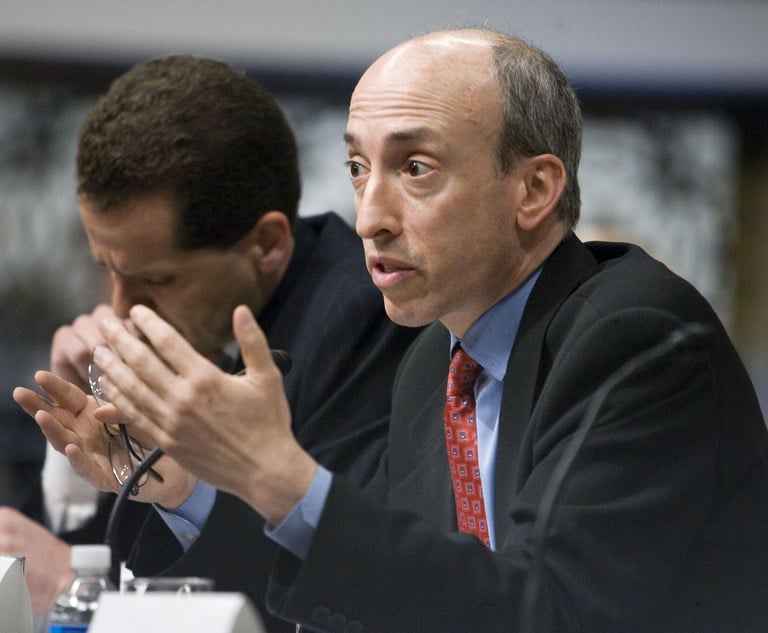A federal judge has meted out a civil penalty to a Staten Island man accused of running a scam with a virtual currency.
The decision by U.S. District Judge Jack Weinstein of the Eastern District of New York gave the U.S. Commodity Futures Trading Commission one of its first trial wins in its aggressive approach to crack down on virtual currency fraud.


 Photo Credit: Shutterstock
Photo Credit: Shutterstock





